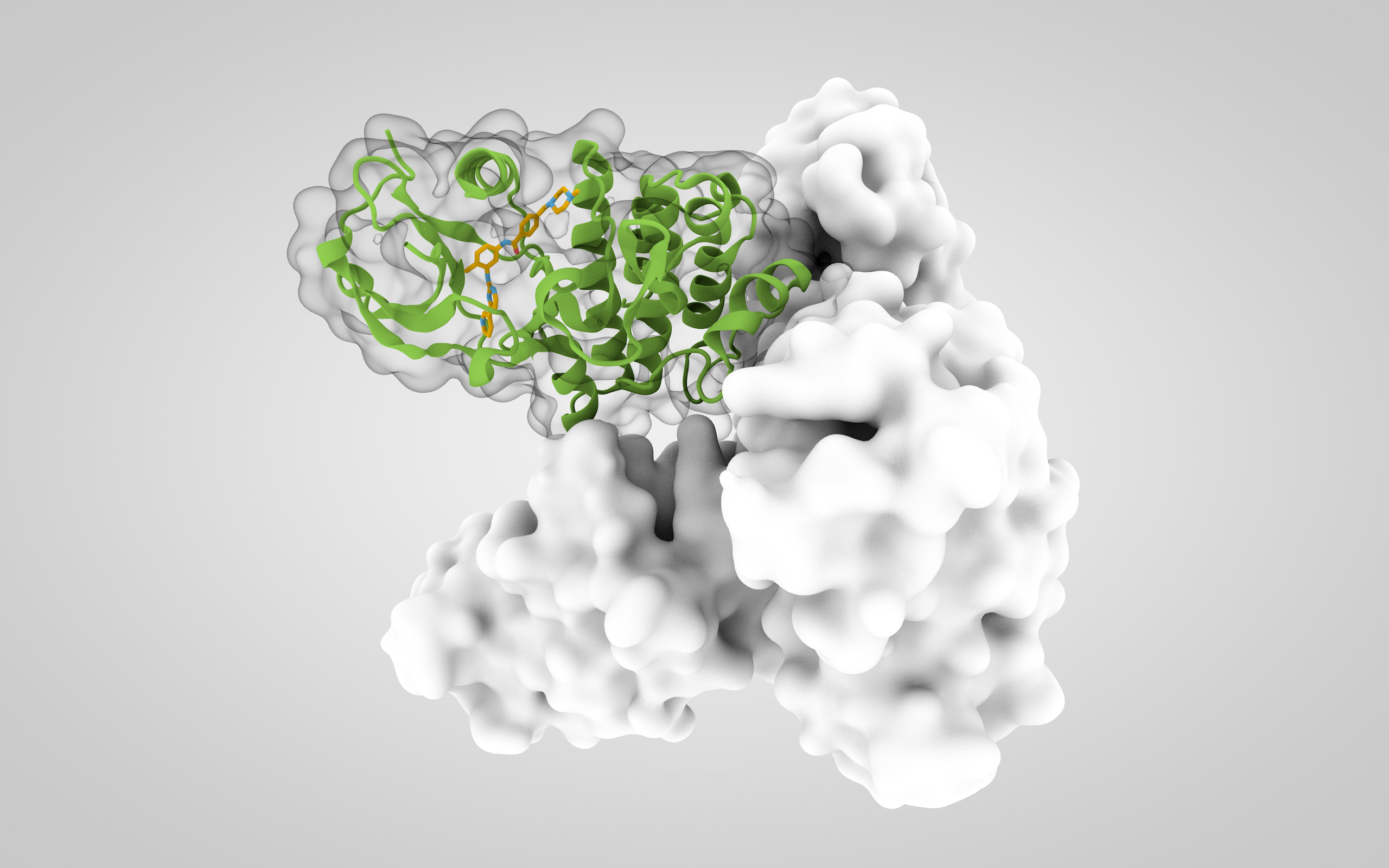Src Inhibitors Are Potential New Therapies for Friedreich’s Ataxia

Patients with Friedreich’s ataxia have genetic mutations that lead to frataxin protein deficiency, but when their cells are treated in vitro with a class of molecules called Src inhibitors, frataxin protein accumulates.
This finding was the result of a series of experiments described in the article, “Src Inhibitors Modulate Frataxin Protein Levels,” which was published in the journal Human Molecular Genetics. “Src inhibitors emerge as a new class of drugs able to promote frataxin accumulation, suggesting their possible use as therapeutics in Friedreich’s ataxia,” wrote Dr. Fabio Cherubini, lead author on the team from the Laboratory of Signal Transduction in the Department of Biomedicine and Prevention in the University of Rome “Tor Vergata.”
Dr. Cherubini and principle investigator Dr. Florence Malisan started with the hypothesis that Src inhibitors might affect frataxin expression. The connection is the intracellular protein Src, which is a tyrosine kinase that phosphorylates (places a phosphate group on) frataxin and other proteins. This phosphorylation event eventually leads to the destruction of frataxin protein. Patients with Friedreich’s ataxia cannot afford to lose functional frataxin, so a Src inhibitor seems to be an attractive option for bolstering frataxin levels.
The team in Rome used several Src inhibitors, some of which are already used clinically for other applications, to try to rescue frataxin deficiency in cells obtained from patients with Friedreich’s ataxia. First, they provided proof of concept that Src inhibitors increase frataxin expression in normal cells. Of the tested inhibitors, Dasatinib was the most efficient, even at concentrations in the nanomolar range. After this experiment, the team went on to treat frataxin-deficient B cells from Friedreich’s ataxia patients. Again, Dasatinib was one of the best Src inhibitors used and was well tolerated.
“Src inhibitors increase frataxin expression in human cells,” stated Dr. Cherubini. “More importantly, Src inhibitors are effective in Friedreich’s ataxia cells as they promote frataxin accumulation and rescue aconitase defect.” Since some of the Src inhibitors used in the study have also been used clinically, potential future clinical trials may be completed quickly to enable a treatment for Friedreich’s ataxia to be available for patients.






